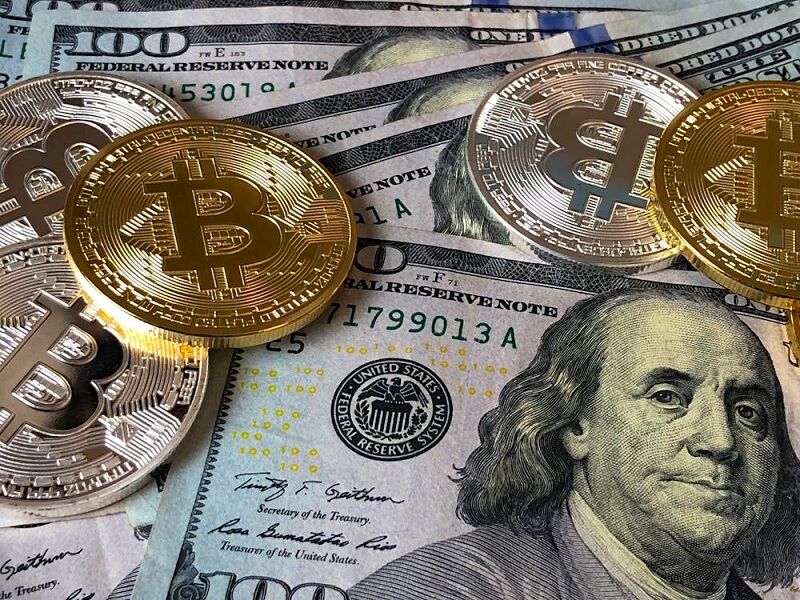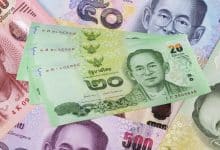Thai baht finds its groove: Depreciation rate takes a dip

The Thai baht experienced a lessening in its depreciation rate in April, buoyed by an uptick in the country’s economic performance. A leading figure from the country’s central bank anticipates that the local currency will make a recovery in the second half of the year.
In the initial quarter of this year, the baht saw a 7.8% decline against the US dollar, making it the second most depreciated currency in Asia, closely following the Japanese yen, which underwent a 9.6% depreciation.
The South Korean won the third spot, depreciating by 6.5%. However, the Bank of Thailand’s senior director for financial markets, Sakkapop Panyanukul, indicated that the baht’s depreciation had slowed in the previous month, with a decline of 1.7% against the dollar, compared to the won’s 2.2% fall.
Up until now, the US dollar has seen an average appreciation of 4.4% against other global currencies in the current year. Recently, the baht weakened to 37 against the dollar, hitting its lowest level in the past six and a half months.
This trend is in line with other regional currencies, driven predominantly by the strength of the US dollar, said Sakkapop.
“The US Federal Reserve’s anticipated delay in policy rate cuts has given the dollar an advantage against other global currencies. Market predictions suggest a single policy rate reduction by the Fed this year, taking it down to 4.99%.”
He also mentioned that the Bank of Thailand foresees an improvement in the baht’s depreciation against the US dollar in the second half of the year, in line with Thailand’s economic momentum.
Government budget
This momentum is predicted to be fuelled by the tourism sector, private spending, and public expenditure. The government’s budget allocation for the fiscal year of 2024, set to kick off in the second quarter of this year, is expected to contribute to economic growth.
Furthermore, foreign tourist visits are projected to hit 35.5 million this year, a rise from 28.2 million last year. The central bank also expects private consumption to grow by 3.5%, although at a slower pace than the previous year’s 7.1%, due to a high base effect.
Sakkapop also mentioned that, despite the Finance Ministry’s reduction in Thailand’s economic growth forecast for this year, the central bank remains confident in its growth projection of 2.6%.
The Fiscal Policy Office recently revised downwards its Thai GDP growth estimate for this year to 2.4%, a drop from 2.8%.
The central bank reported that the Thai economy experienced a slowdown in March due to a decrease in domestic demand and a softening tourism sector, along with the dissipation of the effects from the Easy E-Receipt campaign.
However, the economy showed signs of improvement in the first quarter compared to the last quarter of the previous year, although growth is expected to remain low on a year-on-year basis. The tourism sector continues to be the primary driver of economic activity, leading to increased employment, according to the central bank, reported Bangkok Post.
Latest Thailand News
Follow The Thaiger on Google News:


























